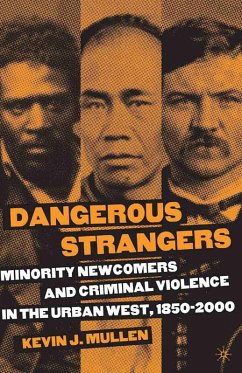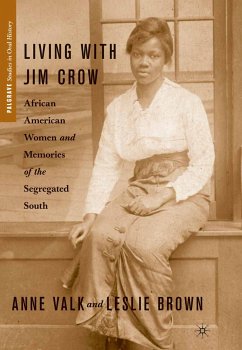
Industrializing Antebellum America (eBook, PDF)
The Rise of Manufacturing Entrepreneurs in the Early Republic
Versandkostenfrei!
Sofort per Download lieferbar
44,95 €
inkl. MwSt.
Weitere Ausgaben:

PAYBACK Punkte
22 °P sammeln!
This book explores the rise of manufacturing through the beliefs and practices of key industrialists and their families, exploring how they represented the diverse possibilities for the organization of a new industrial society.
Dieser Download kann aus rechtlichen Gründen nur mit Rechnungsadresse in A, B, BG, CY, CZ, D, DK, EW, E, FIN, F, GR, HR, H, IRL, I, LT, L, LR, M, NL, PL, P, R, S, SLO, SK ausgeliefert werden.












